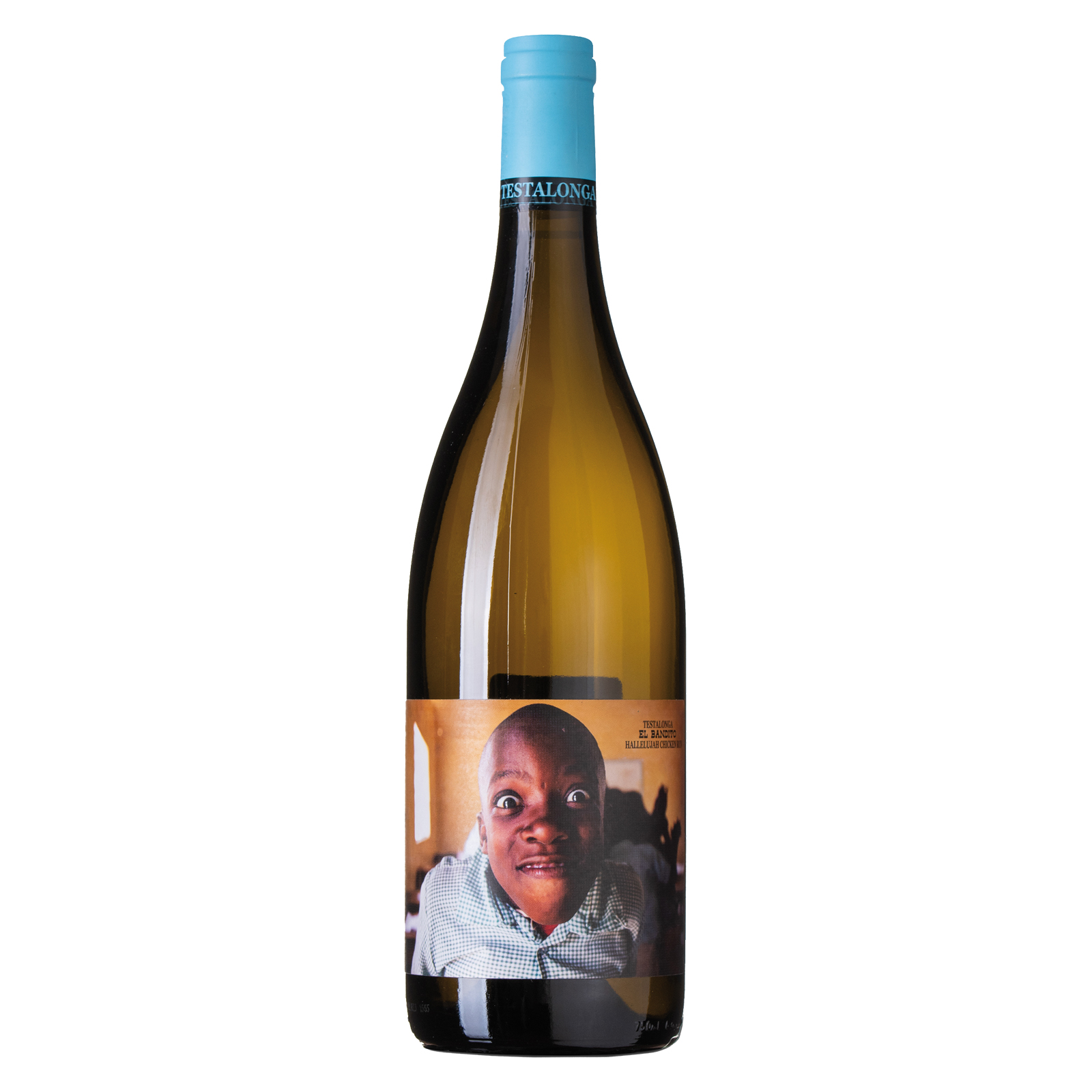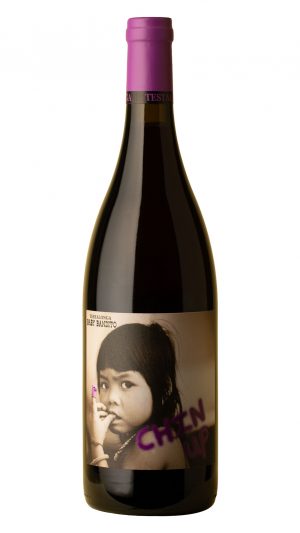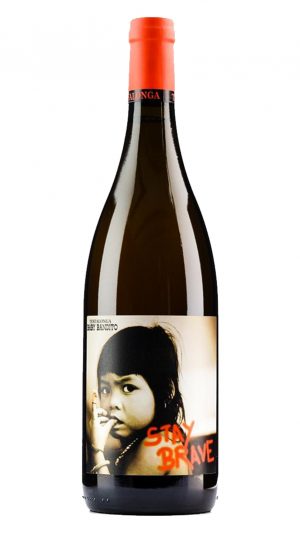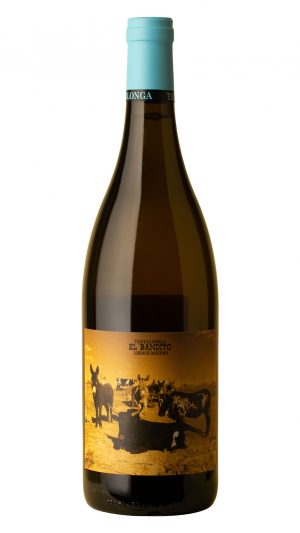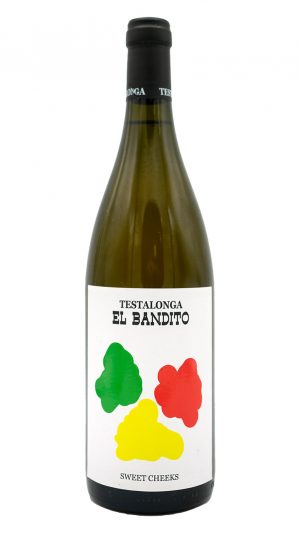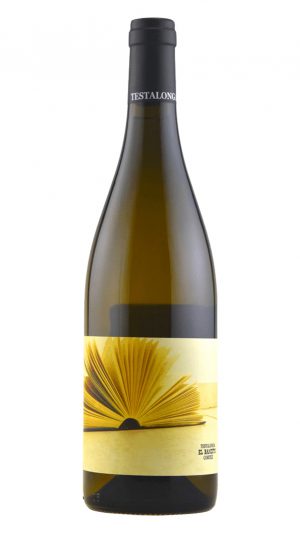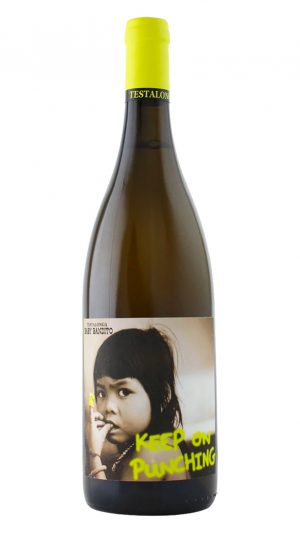Testalonga EI Bandito Hallelujah Chicken Run 2023
Type: Red
Country: South Africa
Region: Swartland
Grape Variety: 100% Cinsault
Viticulture: Natural Wine | Biodynamic | Organic Farming
Climate: Dry Mediterranean climate
Terroir: The gloriously-named Hallelujah Chicken Run is a tiny parcel (300 vines) of Viognier that Craig has been working with for a few years, but 2017 was the first vintage he and Carla were happy to bottle it on its own
Color: Lemony yellow
Nose: Pure and simple with floral, peach, and pear notes
Palate: The palate reveals a symphony of flavours that captivate from the first sip. The rare Mangaliza grape contributes to the wine’s distinctive character, showcasing a harmonious blend of dried fruits that dance on the taste buds
About the Winery:
The wines of Testalonga defy convention in a lot of ways. Craig and Carla Hawkins have never been accused of being “followers” and their wines represent the avant-garde of South African wine.
The Testalonga wines in some ways have come a long way since the first vintage, and in other ways, they remain steadfastly true to the principles upon which the project was established 12 years ago. In our opinion, they are the leaders in natural wine production in South Africa.
Craig and Carla seek purity, precision and brightness in their wines and only work with vineyards that can produce high-quality grapes (with relatively low pH) ensuring that there is minimal need for intervention in the cellar. A herbicide- and pesticide-free approach in the vineyard is essential to their goals. They work with cover crops rather than chemical fertilisers in the winter to ensure moisture retention and general soil health in the dry Swartland climate. Expressing vineyard is key, so all the wines are a single variety from a single site.
In the cellar, there is no yeast, enzymes or acid added. The whites are whole-bunch pressed and then fermented in either stainless steel, Foudre or small oak. The skin fermented white wines are destemmed and then fermented on skins for 7-14 days in wrapped open-top fermenters before being pressed to old wood. The reds are fermented whole-bunch and usually pressed after 3-4 days. A minuscule amount of SO2 may be added before bottling.

